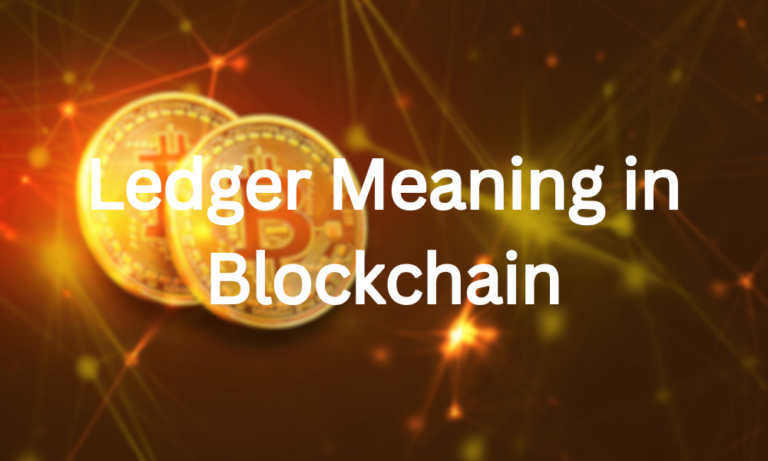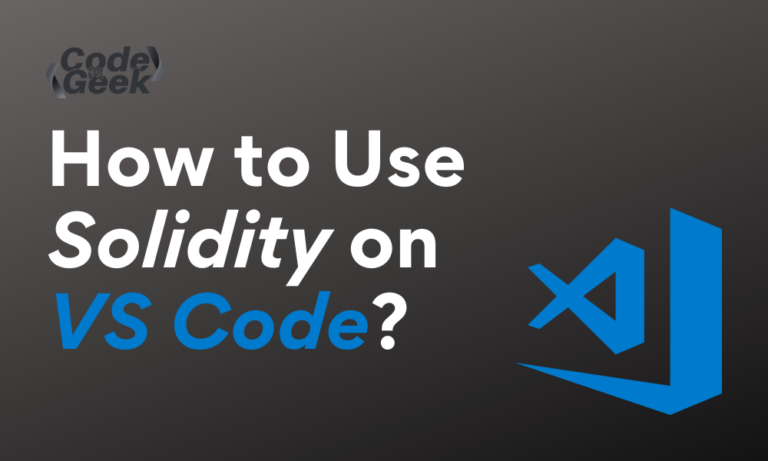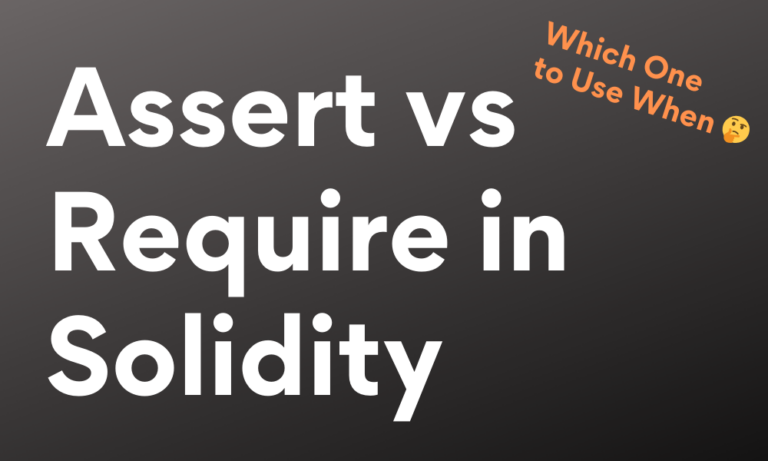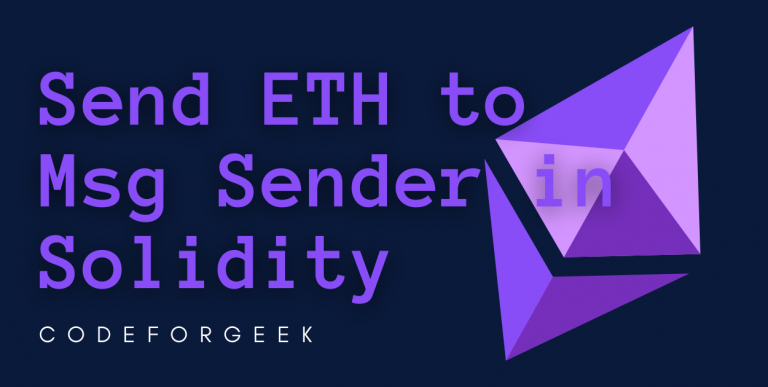New to Rust? Grab our free Rust for Beginners eBook Get it free →
Solana (SOL) – A Brief Introduction to the Solana Blockchain
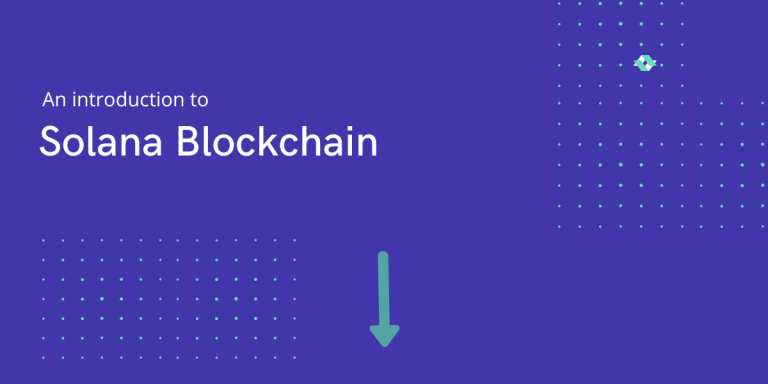
Solana is a fast, scalable, and secure blockchain protocol built to power high-performance decentralized applications. In this guide, you will learn about the Solana project, its native token SOL, and the different use-cases of Solana. Without further ado, let’s get started.
What is Solana?
Solana is a high-performance, censorship-resistant blockchain protocol that enables developers to launch decentralized applications (dApps) and services with near-instant finality. The protocol is designed to scale to tens of thousands of transactions per second without sacrificing decentralization or security.
It is powered by a new consensus algorithm called Proof of History (PoH), which allows the protocol to achieve high throughput without sacrificing decentralization or security. PoH is a permissionless, trustless, and Byzantine-fault-tolerant consensus algorithm that is based on the idea of “proof of time”. The protocol is designed to be censorship-resistant and decentralized, with no single point of failure.
The blockchain is highly energy efficient, making use of a new energy-efficient consensus algorithm called Proof of Stake. This consensus algorithm is designed to be more environmentally friendly than the proof-of-work consensus algorithm used by Bitcoin.
Solana is designed to be upgradeable so that new features and improvements can be added over time without compromising the security of the network.
The team is composed of experienced blockchain engineers and developers who have worked on some of the largest and most successful protocols and projects in the space, including Bitcoin, Ethereum, Zcash, and Filecoin. It is led by some of the early pioneers of blockchain technology, including co-founder and CEO Anatoly Yakovenko.
The Solana Foundation is a non-profit organization that is responsible for the development and maintenance of the Solana protocol. The Foundation is backed by a number of well-known investors, including Polychain Capital, a16z crypto, and Multicoin Capital.
What are the benefits of Solana Blockchain?
Solana Blockchain is a new blockchain platform that is designed to improve the efficiency and security of blockchain networks. Solana Blockchain boasts a number of benefits that could make it a valuable platform for businesses and individuals.
One of the key benefits of Solana Blockchain is its ability to improve the efficiency and security of blockchain networks. Solana Blockchain uses a Proof-of-Stake consensus algorithm, which is more energy efficient than other popular blockchain technologies. This could make Solana Blockchain a valuable platform for businesses that need to minimize their energy consumption.
Solana Blockchain also boasts a number of other benefits. For example, it is able to support a large number of transactions per second. This could make it a valuable platform for businesses that need to process a large number of transactions quickly.
Finally, Solana Blockchain is designed to be a more secure blockchain platform. Solana Blockchain uses a variety of security measures, including a two-factor authentication process. This could make it a valuable platform for businesses that need to ensure their data is secure.
What are the applications of Solana Blockchain?
The Solana Blockchain is a high-speed, high-throughput blockchain that is optimized for performance. The Solana Blockchain can be used for a variety of applications including payments, smart contracts, and data storage.
There are many potential applications for the Solana blockchain, including:
- Decentralized exchanges
- Decentralized applications
- Asset management
- Identity management
- Supply chain management
- Voting and governance
- Data management and analytics
Decentralized Exchanges
Solana could potentially be used to build decentralized exchanges (DEXes). DEXes are digital asset exchanges that do not rely on a centralized third party. Instead, they use smart contracts to match buyers and sellers directly. This could potentially make Solana-based DEXes more efficient and secure than traditional centralized exchanges.
Decentralized Applications
Solana could also be used to build decentralized applications (dApps). DApps are applications that run on a decentralized network, such as a blockchain. They are often open source and allow anyone to contribute to their development. This could make Solana an attractive platform for developers looking to build dApps.
Asset Management
The Solana blockchain could also be used for asset management. For example, Solana could be used to track the ownership of assets, such as real estate or artwork. This could potentially make it easier to manage and transfer ownership of assets.
Identity Management
Solana could also be used for identity management. For example, Solana could be used to store and manage identity information, such as biometric data. This could potentially make it easier to verify identities and prevent fraud.
There are many potential applications for the Solana blockchain. These are just a few major ones that you will find in use today. Go ahead and explore the Solana DAOs list here at the Solana ecosystem.
How does Solana Blockchain compare to other blockchains?
Solana Blockchain delivers a new way to build and deploy decentralized applications. It uses a novel approach to network consensus that allows for more efficient and secure applications. Solana Blockchain is faster and more scalable than other blockchains.
It can process up to 65,000 transactions per second, which is orders of magnitude more than other blockchains. Additionally, Solana Blockchain is more energy efficient than other blockchains, which makes it more environmentally friendly.
It compares favourably to other blockchains in that it offers a platform for the efficient management of large-scale, decentralized applications. Additionally, Solana’s platform is designed to simplify the process of creating new Defi applications, while also facilitating the interoperability of those applications.
Summary
The Solana blockchain is a new and exciting development in the world of blockchain technology. While it is still in its early stages of development, the potential for Solana to revolutionize the way we interact with the digital world is tremendous. With its high throughput and low latency, Solana has the potential to become the backbone of the new Internet.

